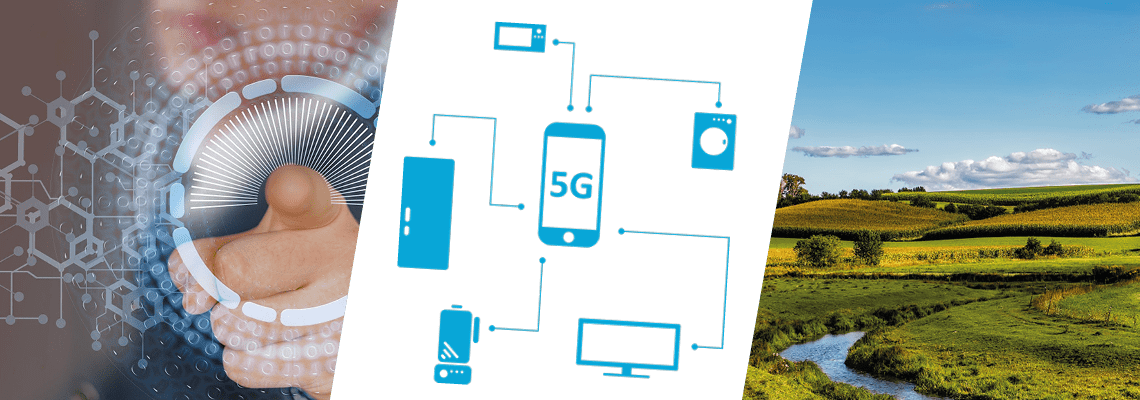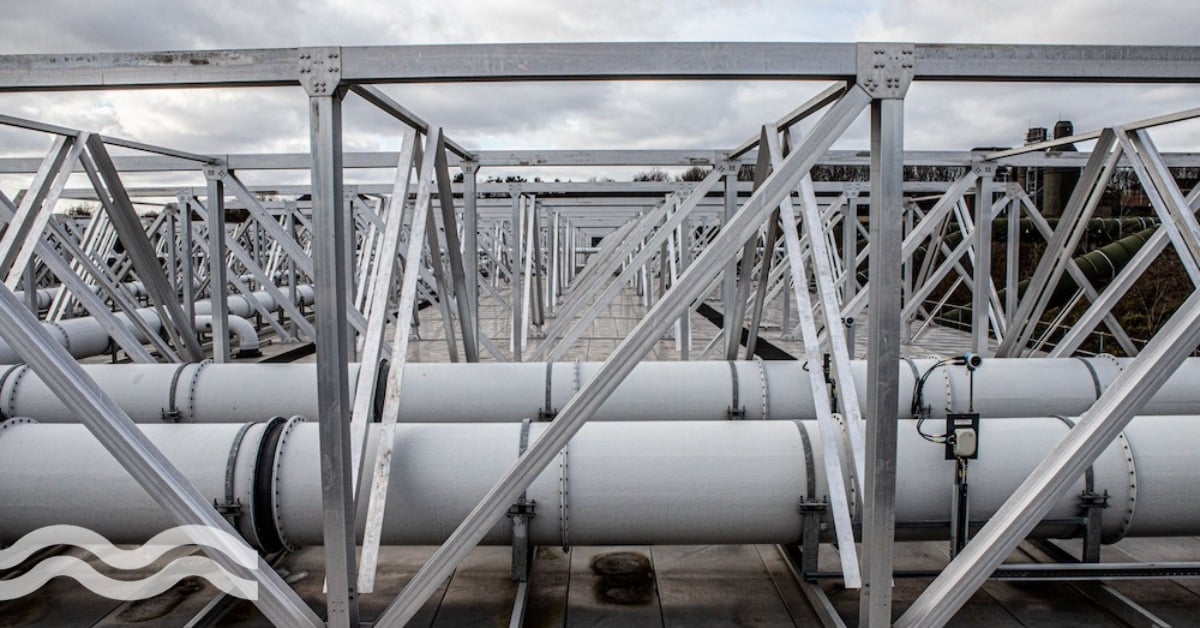
The water industry needs to achieve optimum management and bolster resilience, thanks to digital transformation. Idrica looks into six trends for the water industry in 2021 and beyond.
Environmental, social & economic benefits
The year 2020 was marked by the pandemic, which forced us to adapt quickly. In 2021 and beyond, the trends for the water industry will center on further accelerating the changes implemented last year. This transformation will essentially be digital.
The water industry, tasked with providing an essential service to the population, had no choice but to guarantee our water supply and wastewater treatment. This is why the onset of the crisis led utilities to implement new processes and ways of managing infrastructures. Their success in this radical transition has largely hinged on their degree of technological maturity prior to the crisis.
The common goal for the industry is to achieve optimum management and bolster resilience, thanks to digital transformation. Here are trends for the water industry in 2021 and beyond.
1 – Remote, digital water management
The coronavirus has driven utilities towards remote management, demonstrating that widespread use of this system boosts efficiency compared to the traditional management model, linked to a physical workstation.
During 2021, the digital transformation of processes will gain momentum in order to achieve optimal remote, collaborative management of all the stakeholders involved. In addition, work will continue to be conducted in specialized teams, who can respond more quickly to incidents.
2 – Centralised, autonomously run DWTPs
In 2021, the objective will be to transcend silo-based process management in water treatment plants and move towards centralised, totally autonomous control over operations. Efforts will center on doing away with process fragmentation, which until now has been managed with different technologies and operating modes. Integrated information will be the building block on which to construct a more efficient management model.
3 – Automatic, pre-emptive decisions in WWTPs
Centralised management, through platforms that are capable of monitoring and connecting all variables in real time, will be another trend for the water industry in 2021, and one of the main levers for change in wastewater treatment plants.
“Decisions will be increasingly automated, and managers will be increasingly able to preempt incidents.”
Decisions will be increasingly automated, and managers will be increasingly able to preempt incidents. Sustainability, linked to the Sustainable Development Goals (SDGs), will be one of the main variables that will mark the transformation of WWTPs at international level.
4 – Data analysis, sensors and communications in leak detection
To achieve the best possible management of water as a resource, new leak detection methods that go beyond sectorization should be consolidated as a first step to reducing the size of inspection areas and enhancing water loss reduction processes. Technological advances in sensors and communications will be key to using water as efficiently as possible.
5 – Smart irrigation and remote metering in agriculture
One of the key developments in the farming industry will come from improvements in the hydraulic and operational efficiency of the network thanks to the installation of sensors and of remote meters for farmers. Furthermore, smart irrigation will become more widespread thanks to advances in remote sensing and sensor technology.
In this area, technological solutions and automatic irrigation rescheduling will optimize water consumption and enhance environmental sustainability by reducing the industry’s water and carbon footprints.
6 – Using 5G to manage water service infastructures
2021 will be the year in which 5G will make its mark in terms of communications in all fields and applications. Thanks to its low latency and its ability to connect millions of devices in a small area, managers will experience increased capacity in autonomous infrastructure operation, remote driving and the use of real-time data.
In short, data-based management, fast data collection and smart data transformation will help to create more independent, sustainable processes in the water industry. Globally, remote control of all processes will continue to be a priority, from infrastructure operation to the management of work orders for field operators.
For more information, Idrica's Global Water Trends 2021 report provides a comprehensive list of trends for the water industry.


